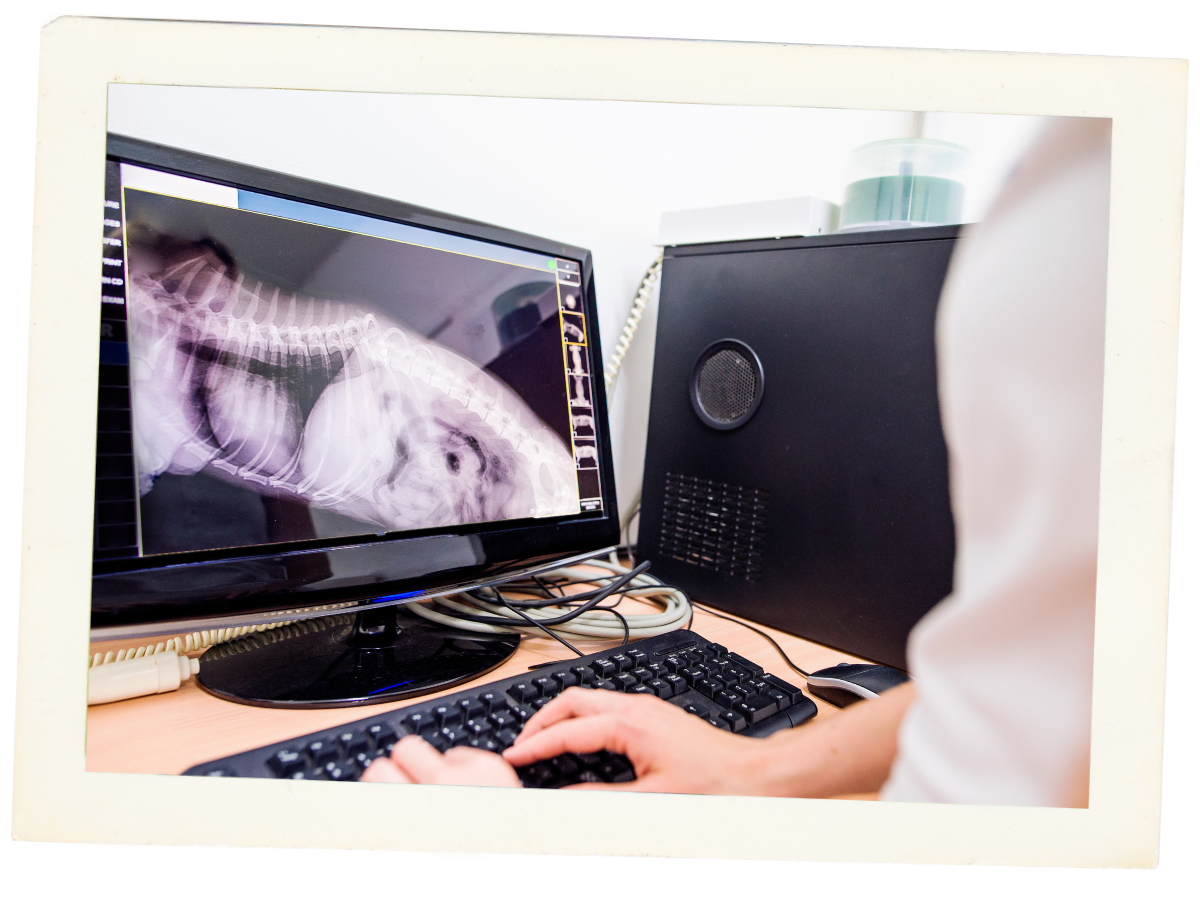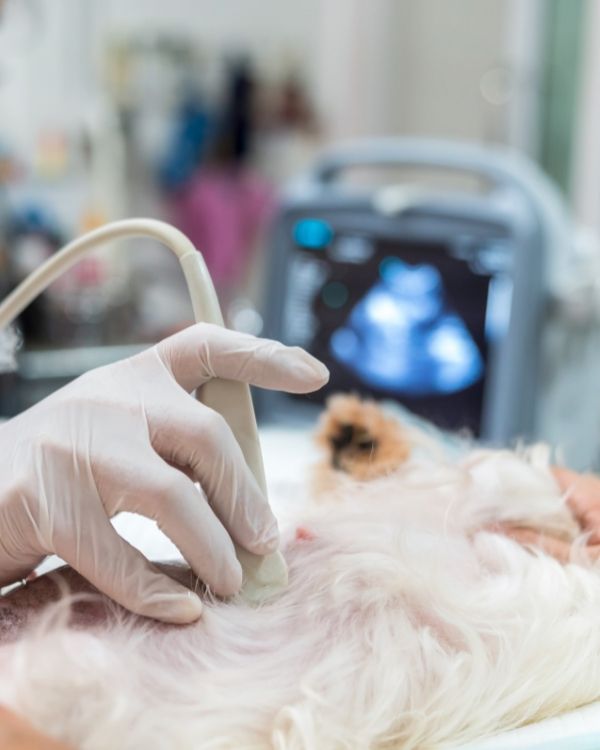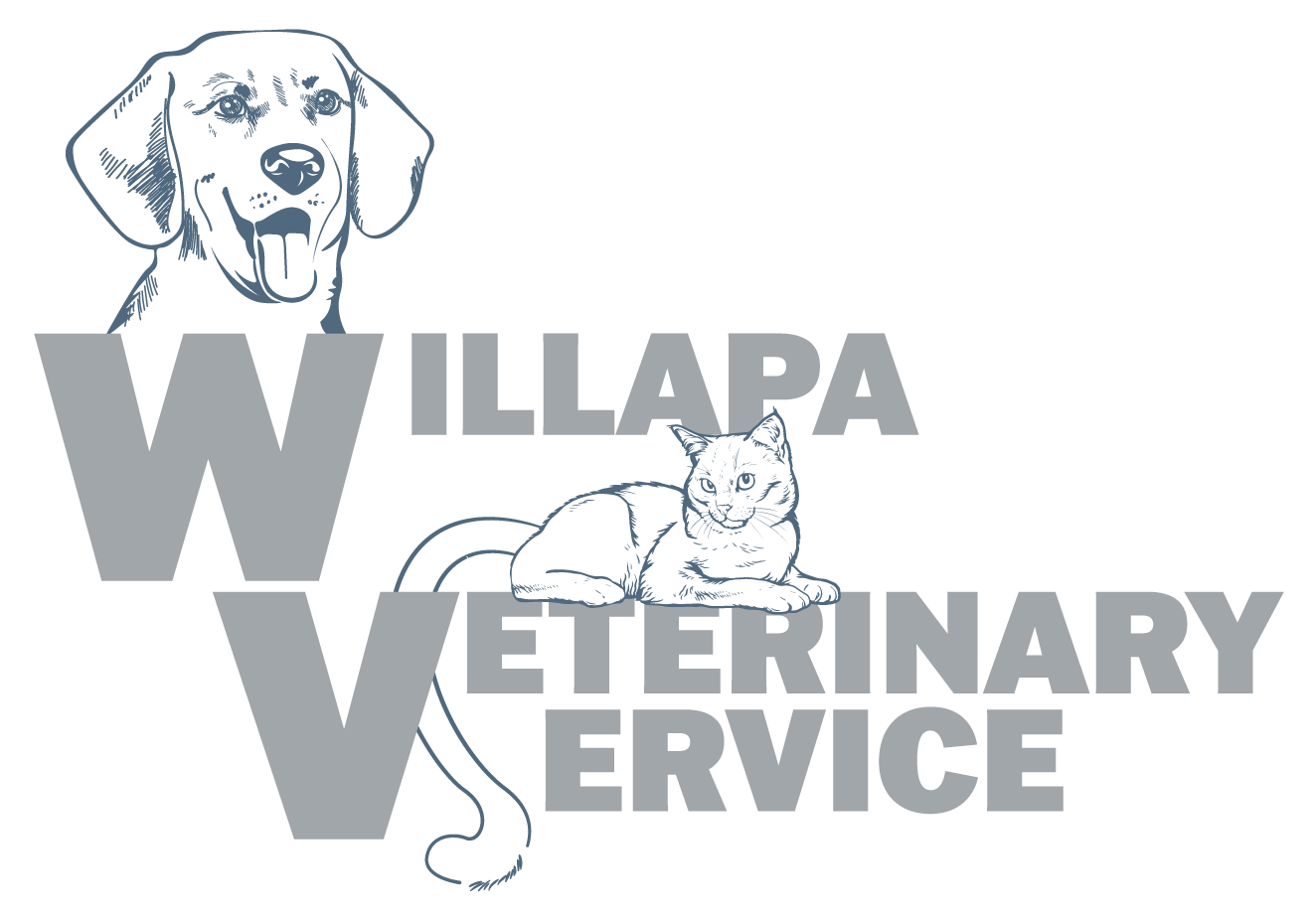Pet Diagnostics

Pet Diagnostics in Raymond, WA
Here at Willapa Veterinary Service, we provide our clients with the best medical care for their pets and have some of the latest technology for veterinary diagnostics. To find the cause of your pet’s illness, diagnosis testing is often required.
We understand how anxious pet owners can become when waiting for the results behind their beloved pets’ problems. We can offer faster and more accurate results. We have on-site radiology and other imagery services and an in-house medical laboratory that can help you get the results you need without further delay.
Offering these veterinary services on-site leads to a much faster diagnosis, so your pet can be given the proper treatment. We want the pets we treat and their owners to be happy and know they are in hands they can trust. Our vets will discuss all treatment options that are available for your pet, as well as any fees involved.

Our Diagnostic Services
Veterinary Radiology
The most common and useful tools for veterinary diagnostics are X-rays. For our vets to give the correct treatment to an animal, they need an accurate diagnosis. Radiographs have the ability to show the pet’s bones and organs by penetrating the tissue using electromagnetic radiation. X-rays can be used to show fractured bones, heart problems, objects that have been swallowed, and many other things.
Veterinary In-House Laboratory
Our on-site lab means we can perform tests on blood, urine, and fecal samples ourselves. The results from these tests are just as important for diagnosis as an ultrasound or X-ray image. These results are helpful for assessing your pet’s health and also detecting any diseases or other conditions.
Urinalysis – When your pet’s urine is tested in our laboratory, it can help us to detect any abnormal presence in the urine – such as sugar, protein, blood, or white blood cells. The concentration or dilution of your pet’s urine can also help us to determine an illness. Diabetes, kidney problems, urinary tract infection, dehydration, and other medical conditions can all be diagnosed through urinalysis.
Fecal examination – Your pet’s feces will be examined under a microscope, which can help us to diagnose many problems such as diseases, internal bleeding, pancreas disorders, and difficulties with digestion. A fecal examination can also show us if your pet has any parasites such as hookworm, whipworm, roundworm, giardia, and tapeworm.
Veterinary Ultrasound
An ultrasound is taken when we need to know more; they are a safe, painless, and non-invasive procedure. We require an ultrasound to evaluate the internal organs, which provides us with a real-time moving image that allows us to see things that an X-ray cannot.
It helps us to determine the size, shape, internal structure, tissue density, and more of your pet’s organs. It can also be used to diagnose pregnancy and identify tumors or masses.
The procedure does not require sedation and can take around twenty minutes to one hour. We should be able to get a diagnosis immediately from the ultrasound, which means treatment options can be discussed on the same day.
Veterinary Tonometry
It is crucial for your pet’s vision that we detect and treat glaucoma and other problems with intraocular pressure (pressure within the eye) as quickly as possible. We can test your dog or cat’s eyes for excess pressure easily and safely. The test, performed with a device called a tonometer, is not painful and does not require sedation.
If not treated immediately (within hours to days), glaucoma can cause permanent vision loss or even blindness. Pets that have suffered eye injuries should have this test performed. In addition, we recommend that breeds that are prone to developing glaucoma come in for regular measurements so we can monitor eye pressure and begin treatment before any problem becomes irreversible. Please contact us to discuss whether your pet may be at higher risk for glaucoma.
Contact us right away if you notice any of the following problems in either or both of your pet’s eyes: dilated (enlarged) pupils, clouding of the cornea (the normally clear outer layer of the eye), red or bloodshot eyes, one eye protruding or appearing larger than the other, squinting, or tearing. Because glaucoma is painful, your pet may react by rubbing or pawing at the eyes or rubbing his or her head against the floor or furniture more than normal.
Veterinary Electrocardiogram
Since the hearts of dogs and cats can suffer from the same problems as human hearts, especially as pets grow older, it is important to monitor and test them for signs of heart problems.
Electrocardiogram, or EKG, is a non-invasive procedure that allows a veterinarian to check how your pet’s heart is performing. It measures the rate and regularity of the pet’s heartbeats and also measures the size and position of the heart chambers. In addition to heart measurements, an EKG will reveal signs of any existing damage to the cat or dog’s heart. As with humans, early detection of heart problems in your pet increases the opportunities for successful treatment of the pet’s heart condition.
Periodic EKG tests for dogs and cats during their senior years are vital to protect your pet’s health and well-being during this stage of life.
